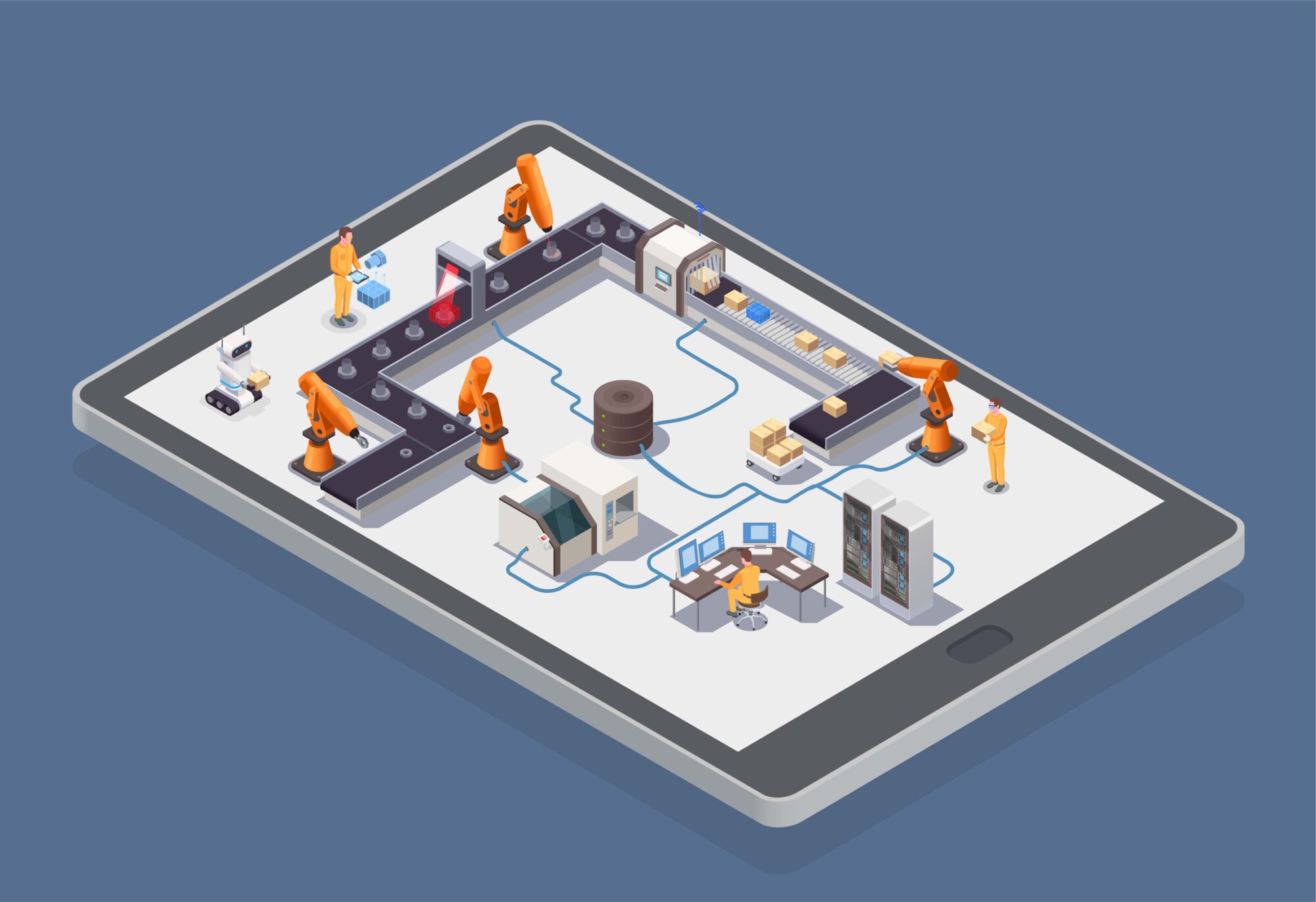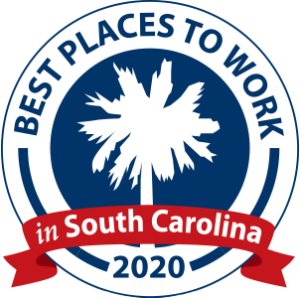
In today’s rapidly evolving manufacturing landscape, the integration of Artificial Intelligence (AI) and automation stands as a beacon of innovation, promising to revolutionize traditional processes and propel industries into a new era of efficiency and productivity. Here are some of the potential applications, pitfalls, and transformative power of AI in manufacturing.
Unlocking Efficiency Across the Board
From assembly lines to demand forecasting, AI-powered systems offer unparalleled adaptability and agility. By swiftly adapting to new product designs and market trends, these systems streamline assembly line configurations and enhance demand forecasting accuracy. Moreover, AI’s capacity to monitor safety hazards not only fosters a safer work environment but also ensures timely intervention to prevent accidents.
Quality Control Reinvented
One of AI’s most significant contributions lies in its ability to enhance quality control. By leveraging advanced algorithms, AI can detect defects and irregularities that may elude the human eye, thereby ensuring impeccable product quality. This meticulous scrutiny not only safeguards brand reputation but also minimizes costly recalls and rework.
On-Demand Webinar: Intro to AI
Gain a competitive advantage with a fundamental understanding of how AI for business works, how its applications can supercharge your organization, and how to navigate risks. Hosted by Kopis CTO Adam Drewes.
Navigating Potential Pitfalls with Foresight
While the benefits of AI are vast, it’s essential to acknowledge and address potential pitfalls. Job displacement concerns can be mitigated by creating new roles focused on overseeing and maintaining AI-powered systems. Additionally, guarding against overreliance on technology is paramount, necessitating robust contingency plans to avert catastrophic failures.
Predictive Maintenance: A Game-Changer
The advent of predictive maintenance heralds a paradigm shift in manufacturing operations. By harnessing AI’s analytical prowess, manufacturers can anticipate equipment failures and optimize maintenance schedules, thereby minimizing downtime and maximizing operational efficiency. This proactive approach not only slashes maintenance costs but also ensures consistent product quality.
Customization Redefined with Generative AI
Generative AI emerges as a catalyst for customization, offering unparalleled flexibility in product design and prototyping. By swiftly generating and iterating designs based on specific parameters or customer preferences, manufacturers can cater to diverse market demands with ease. This accelerated prototyping process enables rapid adaptation to market changes, thereby enhancing competitiveness and driving innovation.
Embracing the Future of Manufacturing
As we stand at the cusp of a manufacturing revolution, the integration of AI and automation holds the key to unlocking untapped potential and driving sustainable growth. By leveraging AI’s transformative capabilities, manufacturers can transcend traditional constraints, propel innovation, and chart a course towards a future defined by efficiency, quality, and agility.
In conclusion, the future of manufacturing is intrinsically tied to AI and automation. By embracing these technologies with foresight and innovation, manufacturers can navigate challenges, unlock new opportunities, and emerge as pioneers in an ever-evolving landscape. Let’s seize the opportunity to reimagine manufacturing and embark on a journey towards unparalleled success.



